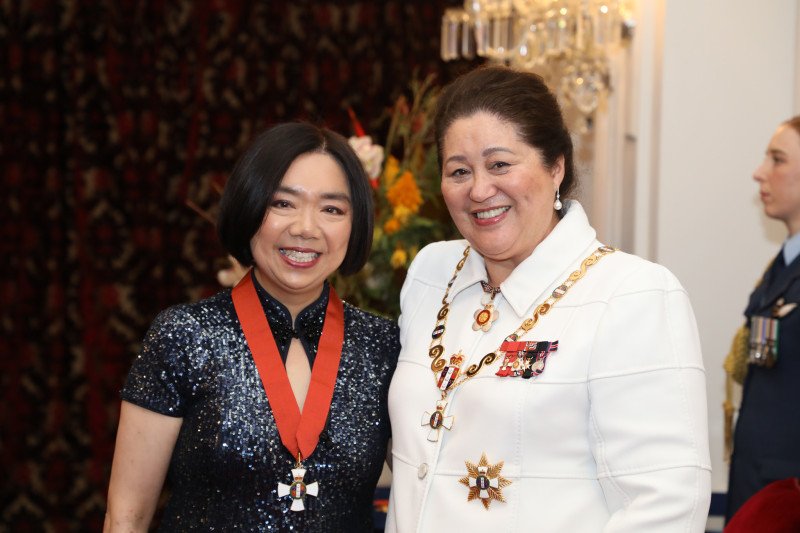Kennie Tsui, CEO of NZ Geothermal Association
My first job was as a pianist to provide live music for 2.5 - 6 years old ballet classes on Saturday at a school hall in Hong Kong. The teacher was very nice and the faster I played the pieces, the faster she clapped. We did many public performances and end of year shows. She taught me a lot about being a team member.
My first career job was as a graduate engineer at Winstone Pulp and Paper mill at Ohakune (which was closed last winter).
During my first week, Mount Raupehu erupted and we kicked into 'hazards & emergency mode'. I learned very quickly about the importance of understanding organisational culture and supporting each other because during unexpected times, I had to lean on others.
A graduate engineer is like being a 'junior doctor'. My role was to gather data & evidence to support the operational teams and process improvements. I needed to find out the root cause of the process inefficiencies (like the illness of patients) and then use different tools to diagnostics to trial and error and more trials and errors.
I had to explain a lot to team members, seek their views, and listen carefully about their feedback. This 'Plan-to-check-Act-Review' approach has been very useful to my career.
As a senior leader, I often immerse myself with technical specialists and to draw on their expertise and diverse viewpoints. I often find that the quality of the decisions is much higher compared to just being on my own.
I wasn't aiming particularly for a CEO role at first. The words' Chief Executive' weren’t in my dictionary.
What led me to CEO was a search for a role that would support businesses/communities to focus on sustainability. When I was working at the Climate Change Commission, I was very curious how (if) individuals/businesses/communities would actually take up our recommendations and act accordingly to reduce their carbon emissions. What's their decision-making process? How do boards discuss 'sustainability' in their board meetings and how do companies meet their sustainability targets?
I have had around 10 jobs across about 9 different companies. I have worked at private sector (global listed companies) / public sector / not-for-profit sector. It's a huge privilege to understand the commercial drivers, the machinery of government and the community that I serve.
I was hugely lucky that when I applied for my current role, I was accepted in the first interview. I was 47 years old when I became the first Chief Executive of the New Zealand Geothermal Association.
Over the past 5 years, I have learned how the CEO role breaks down: 1/3 = best sales person (story teller), 1/3 = Board | CEO relationship, 1/3 = building strong organisational culture and letting those around me to be at their best.
Servant leadership is something that I really aspire to. Whether it is pouring cups of tea at school events or taking New Zealand delegations overseas, I get really inspired when those around me shows their passion.
The CEO is the brand of the organisation. You become a role model either through your emails, your text messages, the way you look at others, the way you respond to questions etc.
Give it a go but look after yourself; this is a tough gig. Don't beat yourself up when things don’t go as you expect. Looking back at starting out in the role, I would give myself more 'me time” and have honest 1:1s with myself.
Don't be shy and celebrate successes even if they are small. I want to inspire those considering becoming leaders to give it a go.

